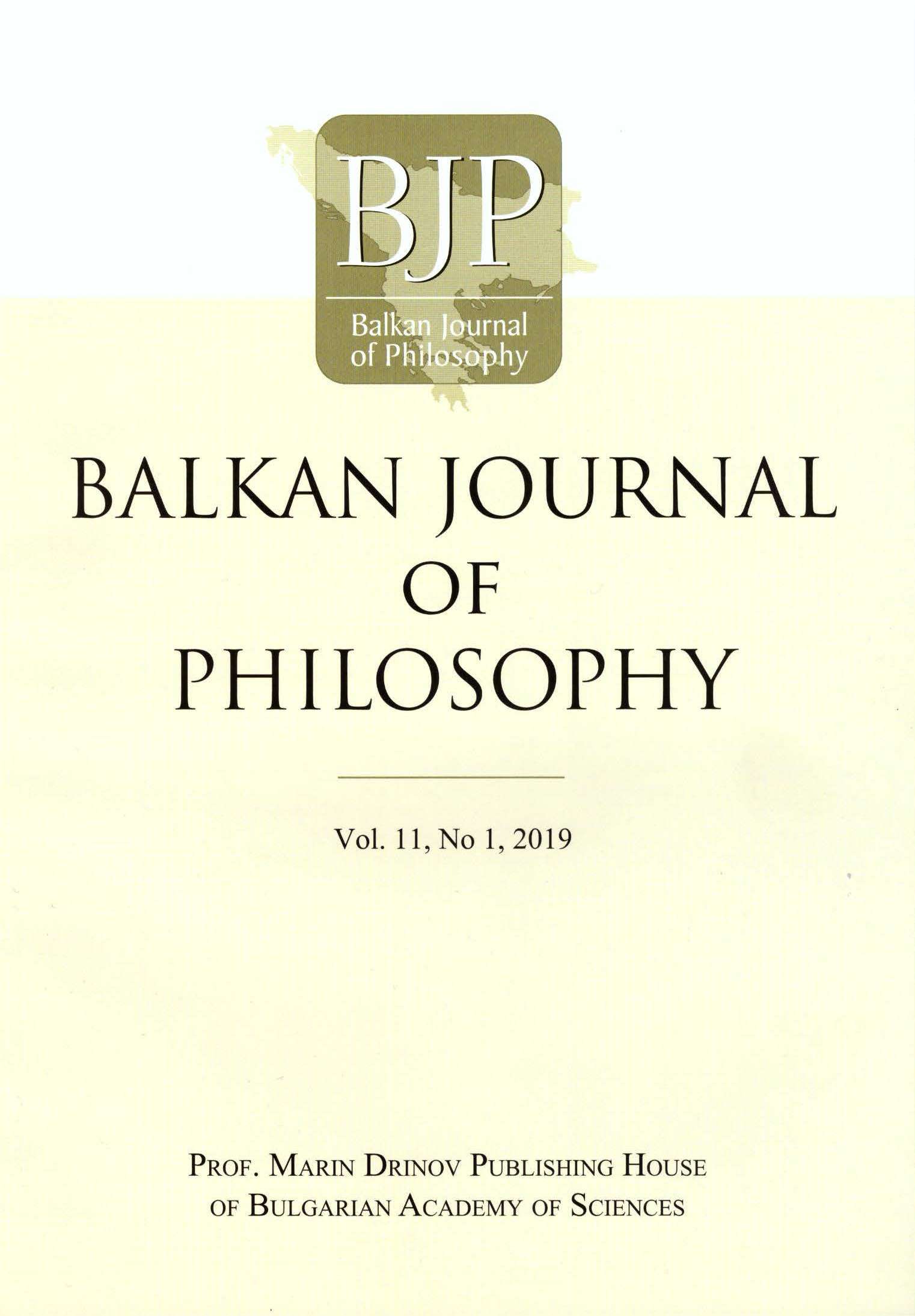Facing Strangers In Need. Toleration, refugee crisis and cosmopolitanism
Facing Strangers In Need. Toleration, refugee crisis and cosmopolitanism
Author(s): Nenad MiščevićSubject(s): Politics / Political Sciences, Philosophy, Ethics / Practical Philosophy, Political Theory, Geopolitics
Published by: Институт по философия и социология при БАН
Keywords: active toleration; populism; refugees; cosmopolitanism
Summary/Abstract: What is the role of toleration in the present-day crisis, marked by the inflow of refugees and increase in populism? The seriousness of the crises demands efforts of active toleration, acceptance, and integration of refugees and the like. Active toleration brings with itself a series of very demanding duties, divided into immediate ones involving immediate Samaritan aid to people at our doors and the long-term ones involving their acculturation and possibilities of decent life for them. A cosmopolitan attitude can contribute a lot. In the context of a refugee crisis, cosmopolitanism is not disappearing but showing its non-traditional, more Samaritan face turned not to distant strangers, as the classical one, but towards strangers at our doors. We have conjectured that this work of active toleration can diminish the need for the passive one: the well-integrated immigrant is no longer seen as a strange, exotic person with an incomprehensible and unacceptable attitude, but as one of us so that her attitudes become less irritating and provocative. The social-psychological approach that sees integration as involving both the preservation of central aspects of the original identity and the copy-pasting of the new one over it offers an interesting rationale for the conjecture: once integrated, the former newcomer is perceived as one of ‘us’ and her views stop being exotic, incomprehensible and a priori unacceptable. Given the amount of need for toleration, and difficulties and paradoxes connected with its passive variety, the conjecture, if true, might be a piece of good news. Finally, we have briefly touched the question of deeper causes of the crisis. Once one turns to this question, the traditional cosmopolitan issues come back to the forefront: the deep poverty and unjust distribution on the one hand, and conflicts and wars on the other. Cosmopolitans have a duty to face these issues, and this is where active global toleration leads in our times.
Journal: Balkan Journal of Philosophy
- Issue Year: XI/2019
- Issue No: 1
- Page Range: 15-30
- Page Count: 16
- Language: English

